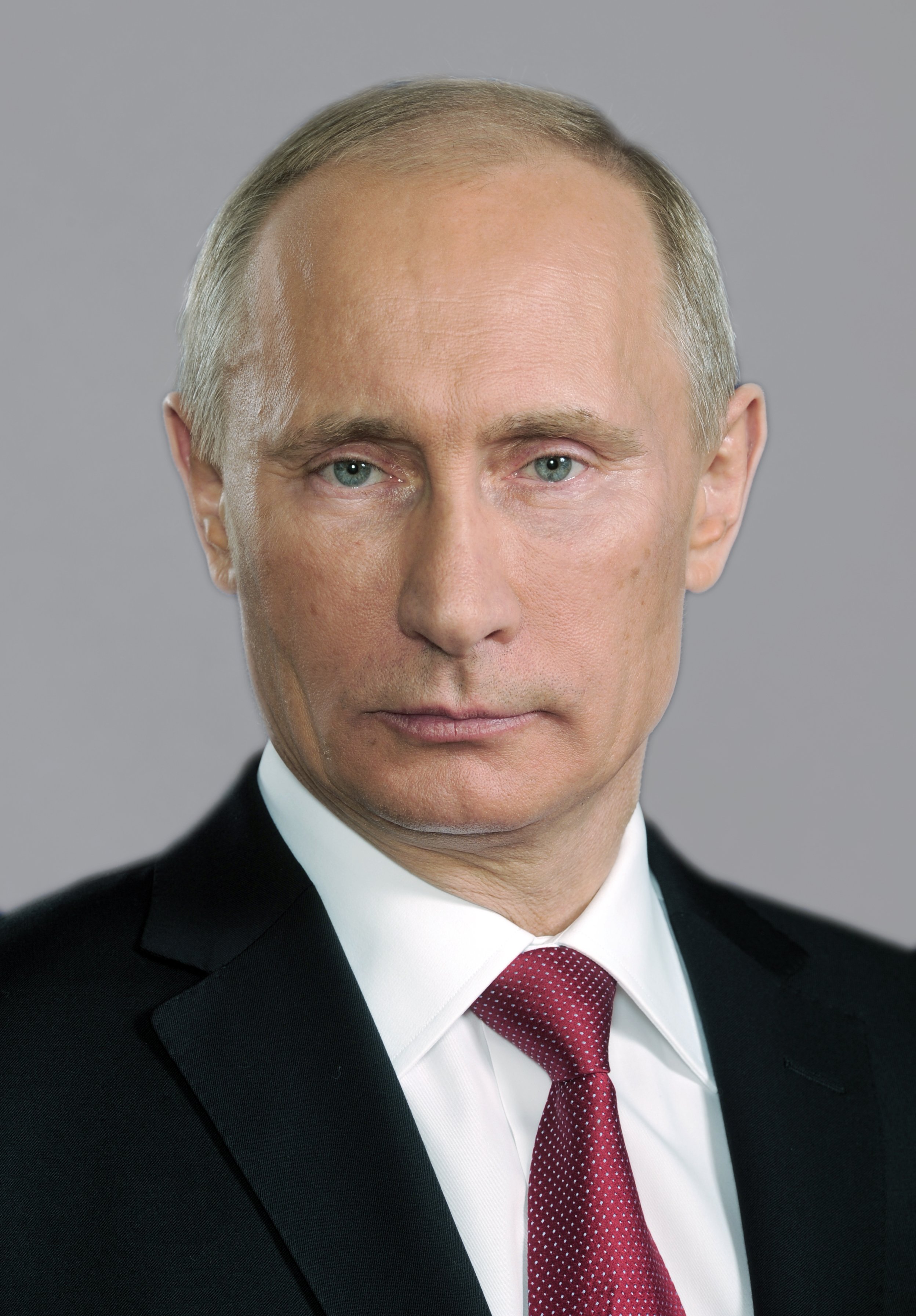
In Wake of Turkey Provocation, Putin Orders Anti-Aircraft Missiles to Syria
Heightening the threat of further escalation, Russian President Vladimir Putin ordered the deployment of sophisticated anti-aircraft missile systems to Syria on Wednesday, saying the measure was necessary to "ensure flight safety" after Turkey shot down a Russian warplane on Tuesday.
The S-400 missile systems will be sent to Russia's Hemeimeem air base, located roughly 30 miles south of the Turkish border in Syria’s coastal province of Latakia. The systems are capable of targeting jets with "deadly precision," AP notes.
November 25, 2015 | Source: Common Dreams | by Lauren McCauley
Heightening the threat of further escalation, Russian President Vladimir Putin ordered the deployment of sophisticated anti-aircraft missile systems to Syria on Wednesday, saying the measure was necessary to “ensure flight safety” after Turkey shot down a Russian warplane on Tuesday.
The S-400 missile systems will be sent to Russia’s Hemeimeem air base, located roughly 30 miles south of the Turkish border in Syria’s coastal province of Latakia. The systems are capable of targeting jets with “deadly precision,” AP notes.
Russia also verified on Wednesday that the navigator of the fighter jet is “alive and well” after a successful 12-hour rescue operation by a Syrian Special Forces unit. However, further complicating matters, the plane’s pilot and a marine sent in to rescue the airmen were both killed Tuesday, reportedly by rebel fighters armed with U.S.-supplied missiles.
In addition to the S-400s, Russia has also ordered its missile cruiser Moskva with its long-range air defense system to move closer to shore, Defense Minister Sergei Shoigu said Wednesday, so that it may be “ready to destroy any aerial target posing a potential danger to our aircraft.” Shoigu told a meeting of military officials that Russian bombers will also now be accompanied by fighters during all combat missions in Syria.
Amid these increasing military tensions, the United Nations and NATO both issued statements calling for restraint on Tuesday.
NATO secretary general Jens Stoltenberg asked for “calm and de-escalation,” while maintaining that the alliance backs Turkey’s accounting of events. Because Turkey is a NATO member, if Russia were to retaliate, NATO would be obligated to intervene.
